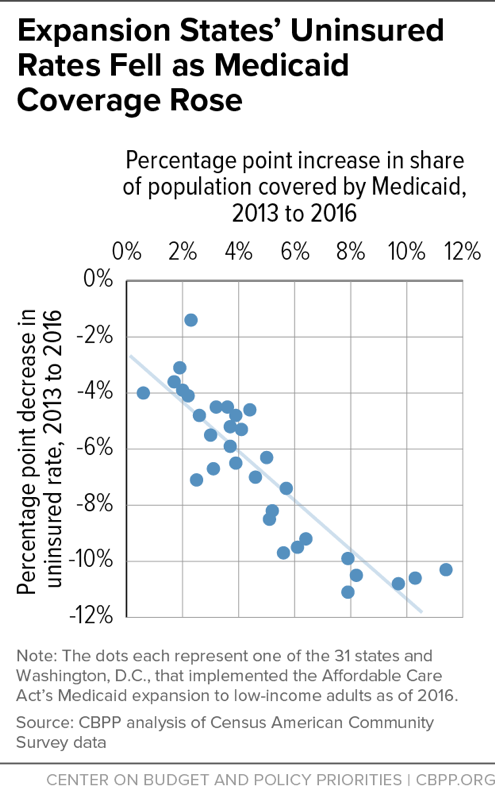http://www.atimes.com/article/us-stocks-plunge-amid-us-china-trade-deal-skepticism/
The dog that didn't bark in today's equity market crash was the Chinese market. The most popular proxy for Chinese stocks, the large-cap ETF FXI, lost 1.5%, about half the 3% decline in the broad US market.
The biggest losers were financials, for whom a yield curve inversion is like Kryptonite for Superman, and the parcel delivery companies who face competition from Amazon.
UPS lost 7%, the worst performer in the S&P 100, while FedEx lost 5.5%. Major financials like Blackrock, CapitalOne, Morgan Stanley and Bank of America were down around 5%. Utilities and consumer staples companies, which the market treats like bond proxies, gained along with US Treasuries.
There is a clear message from today's market action.
The first is that the US Administration can't un-break the glass in world trade investment with happy talk. World economic growth has depended on a global supply chain in which electronic components are manufactured in Japan, Taiwan, and South Korea, and assembled into finished goods in China, and then exported to the US and Europe.
The profitability of major corporations from Apple to the chipmakers depends on this supply chain, which would be the first casualty of a trade war. As I showed in an Asia Times analysis last week, the contraction in world trade during the past several months appears to reflect a sharp reduction in orders for investment goods, promoted by Washington's trade war threats.
Falling exports, in turn, pushed the German economy into negative growth during the third quarter, and preliminary data suggest that Germany will endure a second quarter of negative growth. Switzerland, Sweden and Italy also reported negative growth for the third quarter. Japan reported negative growth in two of the last three quarters as well, with GDP down 0.3% during the third quarter.
That leaves most of the world's big economies – excluding the US and China – in recession or close to it. The US is still growing, but likely to slow sharply in 2019. CapEx in the US remains extremely weak, a disappointment following the 2017 corporate tax cut. S&P companies spent more buying back their own stock than on CapEx during the second and third quarters. The US housing market, moreover, is already in recession.
President Trump is looking at a weakening economy and a heightened risk of recession before the 2020 elections. Credit conditions are tightening around the world, most severely in Europe, where the cost of protection on a bundle of subordinated debt of financial companies has doubled during 2018 (from LIBOR +100 to LIBOR +200). The collapse of European bank stock prices by 26% during 2018 and of Japanese bank stocks by 18% is a reminder of the fragility of the financial system.
That explains why the Federal Reserve's Chairman Jerome Powell last week indicated that interest rates are "close to neutral," which means the Fed is close to done tightening monetary policy.
One of the biggest irritants in the system remains the threat of trade war. Presidents Trump and Xi Jinping last weekend called a truce at the G20 meeting in Buenos Aires last weekend, but a truce is not the same as the end of a war. Restoring the damaged confidence of major actors in the world economy will require speedy and decisive action to come to an agreement with China. I continue to believe as I wrote in October that China will make it easy for Trump to strike a deal which he can claim as a victory.
Earlier today, for example, China announced stiff penalties for intellectual property theft, a major concern of the Trump Administration. At this point, Chinese companies probably are stealing more intellectual property from each other than they are from the United States, and it is in China's interest to discourage the practice.
The relative outperformance of Chinese stocks in a market freefall suggests that investors believe that the Trump Administration will do what it takes to put the trade war behind it.

